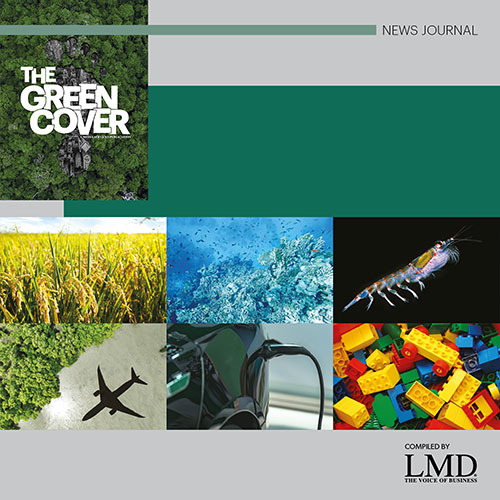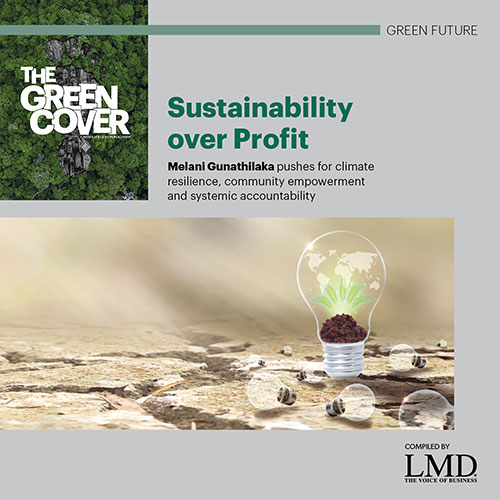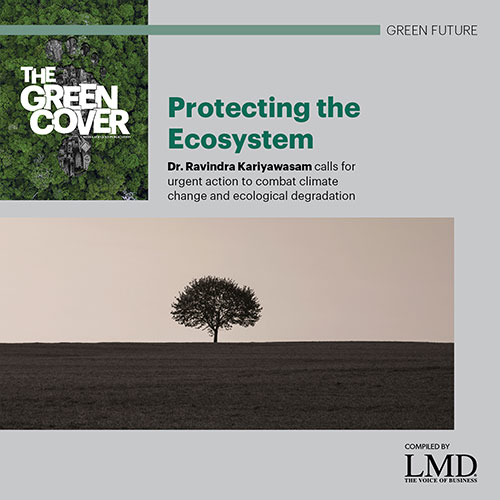WILDLIFE CONSERVATION
Opportunities to Improve
Q: How do you think the deepening economic crisis will affect environmental protection and biodiversity conservation?
A: The economic crisis – spiralling inflation and shrinking businesses – will make the rich richer and the poor poorer. Much of the wage-earning middle-class will collapse into poverty. And this collapse will affect biodiversity especially as the rate of forest encroachment will rise.
Whether for the cultivation of crops, harvesting of timber or collecting firewood because of the dearth of fossil fuels, a huge pressure on our forest resources is expected in the next decade. It will be a massive challenge to manage this demand.
On the one hand, poor people depend on natural resources for their livelihoods; on the other, we need to preserve the environment. This isn’t a simple matter of law enforcement: it’s the imperative to mitigate poverty.

The Forest and Wildlife departments will be progressively defunded. In the upcoming budget, these departments will get much less money than last year, just enough to pay salaries and overheads, leaving very little for actual conservation.
This is an opportunity for environmental NGOs and private sector corporate social responsibility programmes to invest in protecting the environment and conserving forest and wildlife resources. But we must remember that the private sector too, is stressed by the shrinking economy, and rising interest rates and taxes.
Despite my love for nature, even I rank poverty, child nutrition, education and health above the environment. Many corporates may think likewise when it comes to CSR.
Q: Can the debt restructuring process benefit from so-called blue-green bonds and swaps?
A: Given Sri Lanka’s abysmal creditworthiness, it’s unlikely that anyone will buy any future bonds we issue, regardless of how good the cause. But we do have an opportunity of doing a debt-for-nature swap for maybe US$ 500 million to one billion. That said, because these swaps necessarily involve American institutions, you can expect the usual anti-American pushback.
This is how we rejected the US$ 480 million offered by the US’ Millennium Challenge Corporation (MCC) project. A much smaller debt-for-nature swap under the US’ Tropical Forest Conservation Act (TFCA) too failed in 2004 because of irrational opposition from fringe ‘environmentalists.’
The problem is in the term ‘debt-for-nature swap’, which suggests that we swap debt for natural resources. That isn’t the case at all. Instead, in return for reduced debt repayments, we’ll have to pledge to use the savings to benefit nature.
“This is an opportunityfor environmentalNGOs and privatesector corporatesocial responsibilityprogrammes to investin protecting theenvironment
For example, we could use debt repayment savings to set up a National Oceanographic Institute to sustainably manage the marine resources in our Exclusive Economic Zone and set aside part of this 500,000 square-kilometre precinct as a marine reserve.
I hope uninformed activists won’t mess it up this time around, too. In any case, the MCC and TFCA experiences still rankle with international donors; we’ll be lucky to get a swap.






